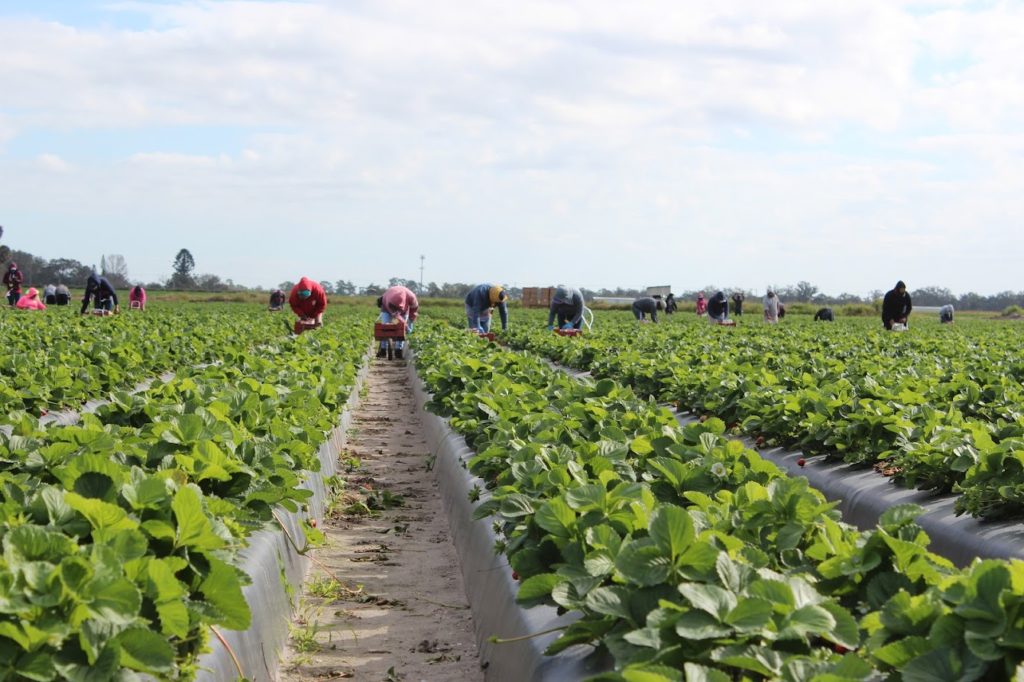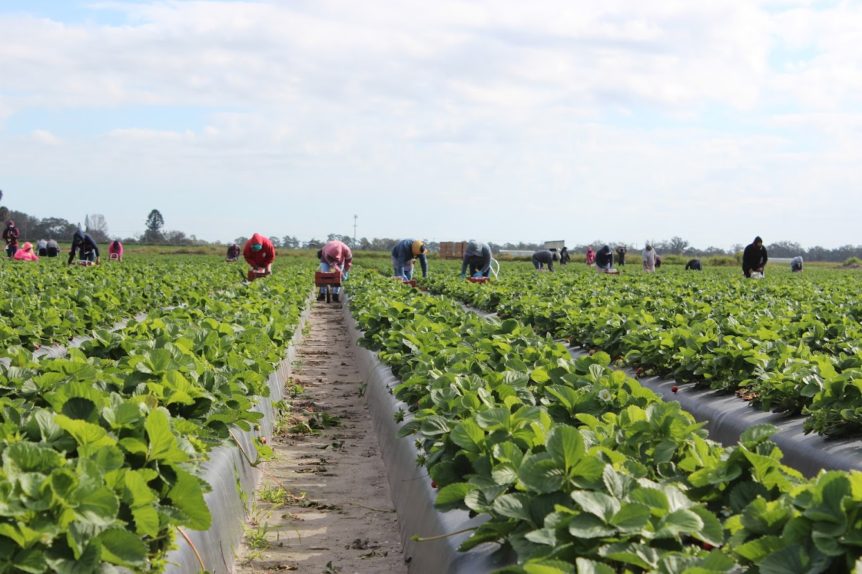
By Clint Thompson
What started out as good intentions with the Adverse Effect Wage Rate (AEWR) has evolved into a system disadvantageous to specialty crop producers.
That is the mindset shared by Chris Butts, executive director of the Georgia Fruit and Vegetable Growers Association (GFVGA). AEWR was intended to protect domestic workers and their potential opportunities for employment. But since farmers rely solely on H-2A for their labor needs, AEWR is currently doing more harm than good.
“It was the intent of the AEWR all along, and I think it was well intended and certainly we want to protect and provide opportunities for domestic workers; they’re our fellow citizens, but the reality is we don’t have those folks coming in and applying for jobs on the farm,” Butts said. “We’ve got to find a source of labor, and H-2A is it right now.”
Legislative and industry leaders are calling on the Department of Labor (DOL) to provide transparency on how the AEWR was formulated, since it has risen dramatically in a little more than a year. These include letters from Georgia Attorney General Chris Carr and the GFVGA.
“We have actually submitted an official petition to DOL and USDA, asking for very similar information that Attorney General Carr petitioned DOL for. Our hope is that we can start to gain a better understanding of the survey process and how USDA and DOL arrive at the AEWR,” Butts said. “Right now, we don’t understand where that data’s coming from, and we don’t understand how they use that data to come up with the rate. When we’ve had a 22% increase over the last 13, 14 months, we think there might be a problem with the formula.”










